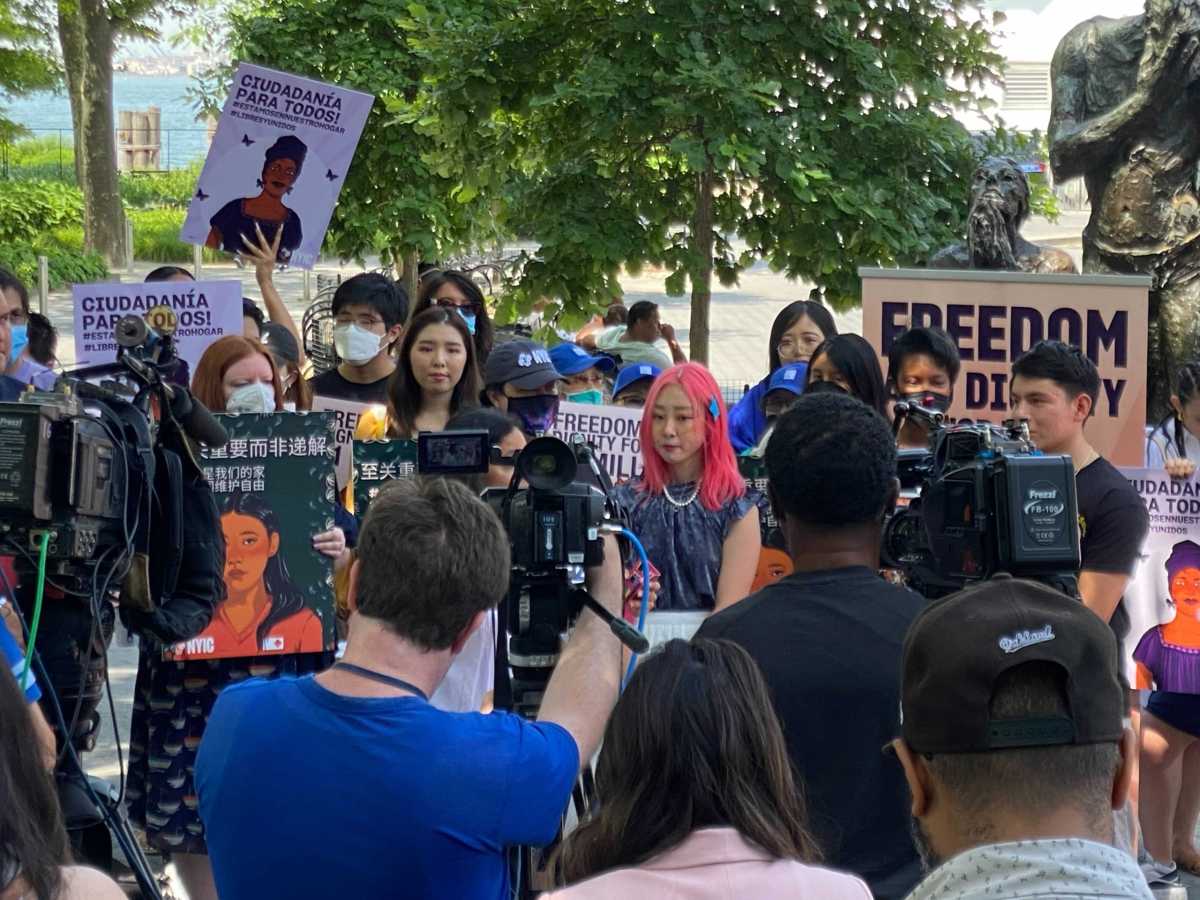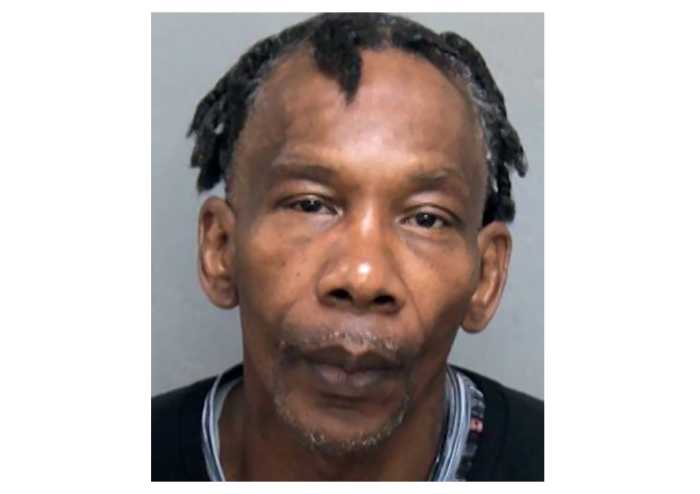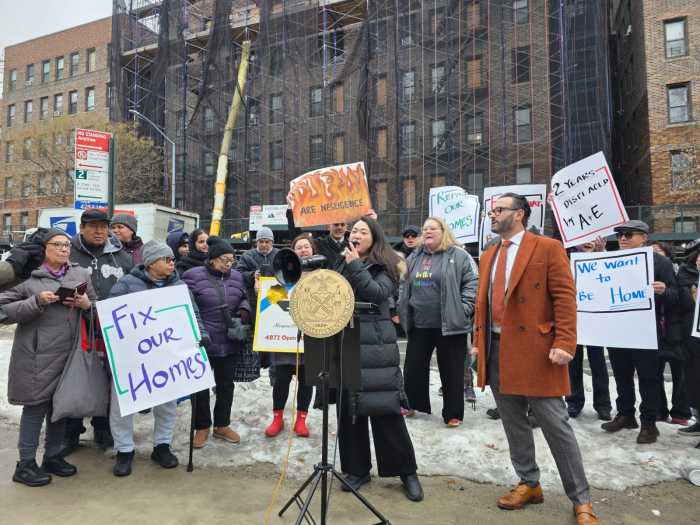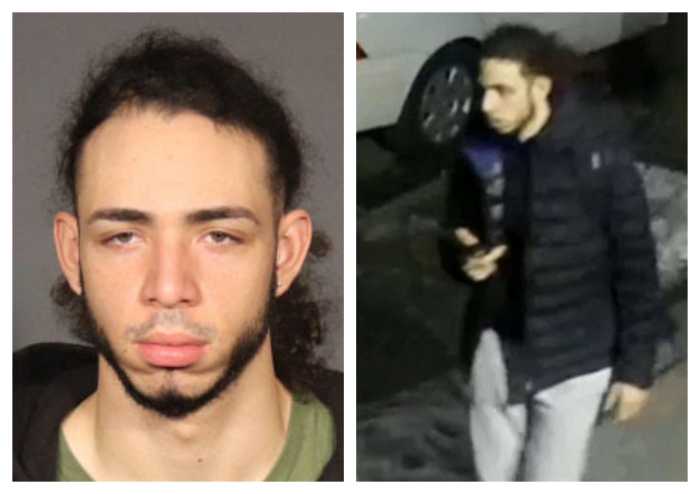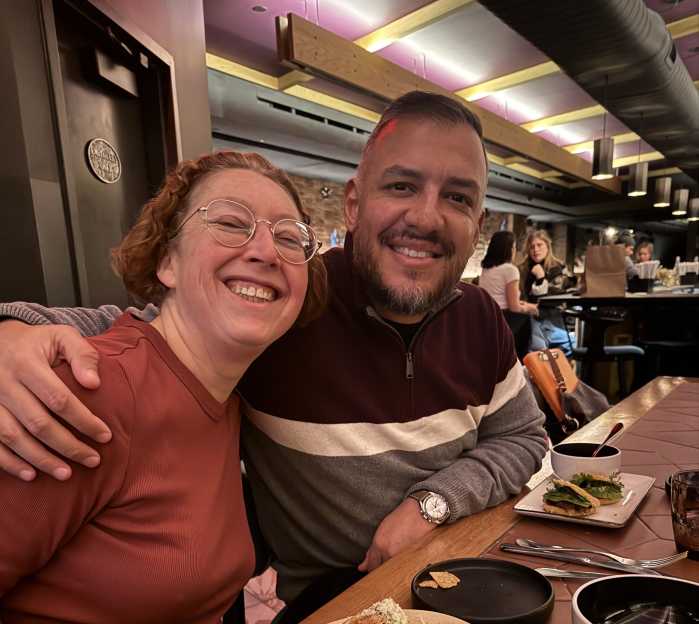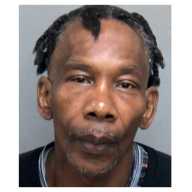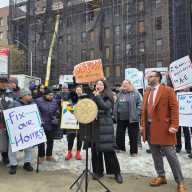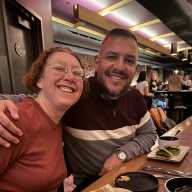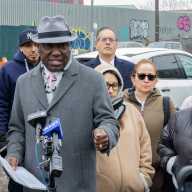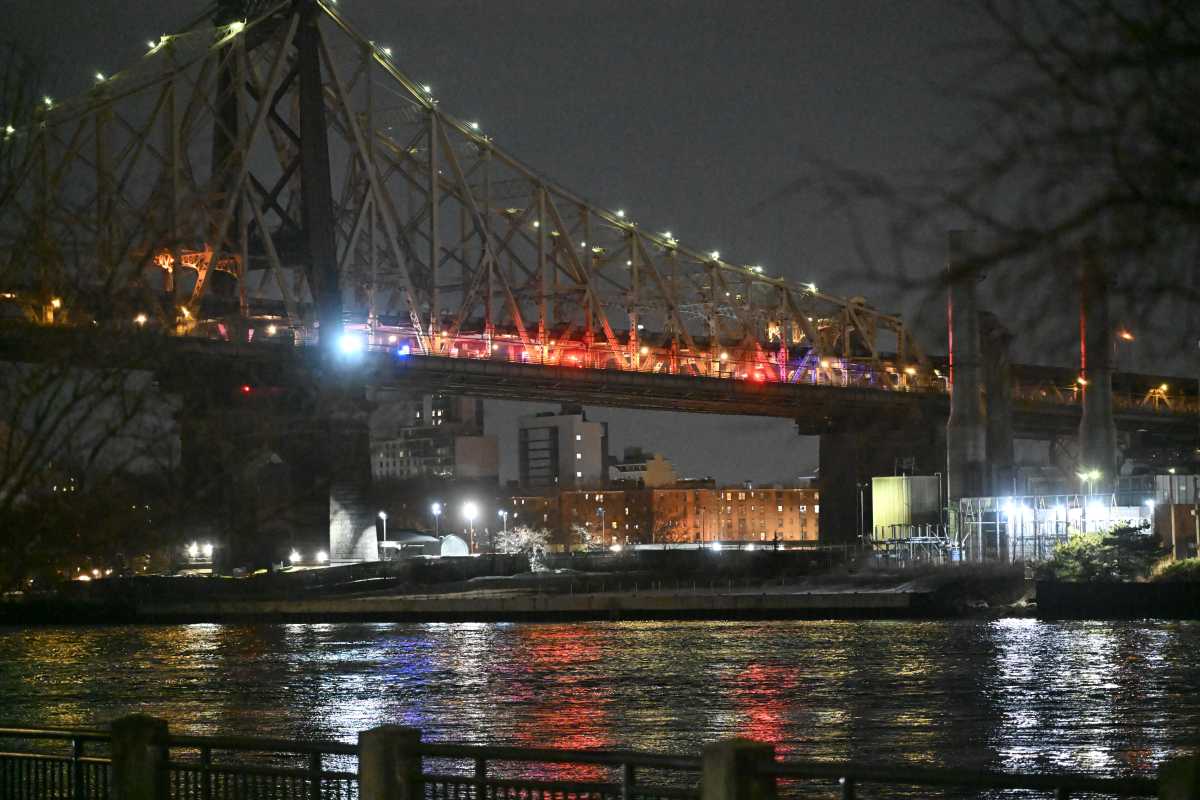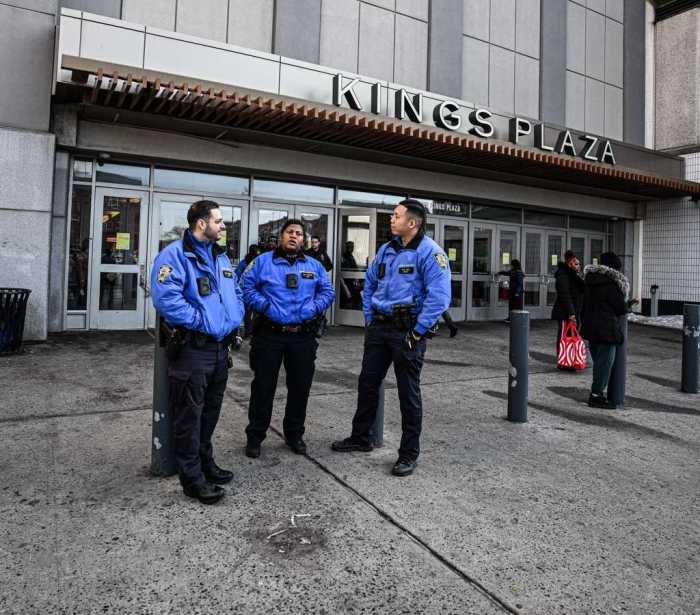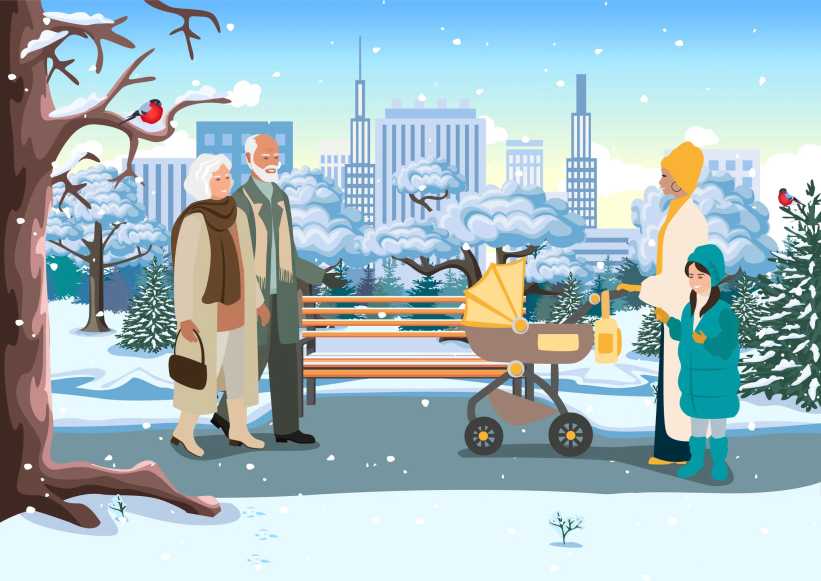Woojung “Diana” Park, who is an undocumented Korean immigrant residing in Fresh Meadows, would like to obtain a pathway to U.S. citizenship and have the opportunity to visit her 76-year-old grandmother in her native homeland of Korea.
“We are thinking of having her come to the U.S. to visit. It’s kind of bittersweet because this is an opportunity to connect with my grandmother, but at the same time, if I were able to visit her in Korea, it would be life-changing for me, but unfortunately, I can’t do that,” Park said.
In 2000, Park’s family arrived in the U.S. from Korea when she was a year old. At the age of 17, Park was approved for Deferred Action for Childhood Arrivals (DACA), an Obama administration policy that was established in 2012 to shield young immigrants from deportation.
The policy has allowed over 600,000 undocumented children, dubbed “Dreamers,” to remain in the U.S. and apply for a driver’s license, social security number and work permit, but there is no path to citizenship or legal permanent residency.
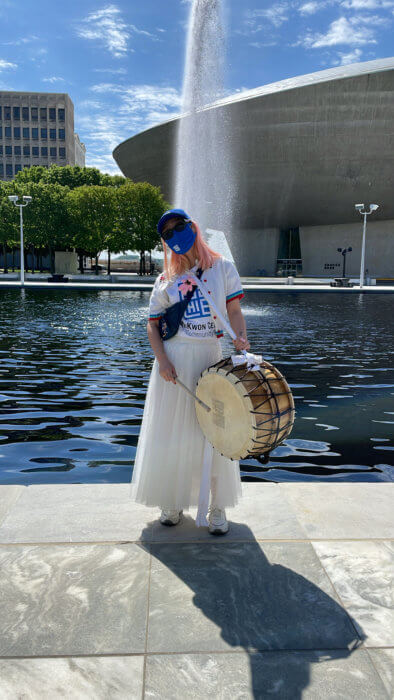
On the 10th anniversary of DACA, Park joined other recipients, immigrant advocates and elected officials at Battery Park in Manhattan on June 15 demanding Congressional action on the preservation of DACA and a pathway to citizenship.
DACA has been in limbo since a Texas federal judge ruled it unlawful in July 2021.
The ruling has blocked 80,000 first-time DACA applications from being processed. In less than one month, oral arguments will begin in legal proceedings before the U.S. Court of Appeals for the Fifth Circuit, which will decide the fate of DACA.
At the rally, Park shared her immigration story and the opportunities that DACA has enabled her to pursue.
“DACA has enabled me to pursue higher education and obtain health insurance. Still, DACA recipients are left in legal limbo and we have no pathway to permanent residence,” Park said. “Over the last 10 years, we’ve demonstrated that we are entrepreneurs, creatives, activists and so much more. We deserve a path to citizenship and the right to be here legally free from the fear of deportation.”
For Park, the rally was also a monumental moment that signified the milestone of DACA recipients’ achievements during the past 10 years.
One of those accomplishments includes the passage of a bill that expanded municipal voting rights so that legal permanent residents and those with work authorization can vote in local elections in New York City.
“I want people to understand that we are like everyone else, and I want to take away the stigma against undocumented Asian community members,” Park told QNS. “We are called ‘Dreamers’ for a reason. Everyone has dreams and nobody has the right to take away the value in our dreams. I believe that dreams are propelled by a seed that is watered, but that seed is still the source of the dream.’”
Park, a graduate of Hunter College, majored in English literature and criticism. As a poet-activist, Park firmly believes in the power of storytelling in uplifting undocumented Asian American identities and frequently recites her poetry throughout the city.
Last year, she joined the MinKwon Center in Flushing where she works as an immigrant justice organizer. In her role, Park conducts civic engagement on the ground in the community and has helped organize rallies in Albany and at City Hall.
As a DACA recipient, Park must reapply for the program every two years, hoping she doesn’t get kicked out of the U.S.
She says obtaining citizenship would help her and others to take action against national legislative issues they’re passionate about.
“As an activist and a person in a nonprofit space I’m always fed with changing information when it comes to social activism, and being undocumented makes you a bystander,” Park said. “Having citizenship will eliminate that bystander mentality about undocumented folks.”
Additionally, Park says citizenship will also help her in repairing her Korean American identity, as she doesn’t “necessarily feel entirely Korean or American.”
“Even though a lot of people may not assume that is the greatest benefit of receiving a pathway to citizenship, it would help me in navigating that,” Park said. “It is extremely hard when you’re not sure where you fit in this country when you are always viewed as a conditional resident. It is entirely based upon your college experience, a criminal background history, and a pathway to citizenship would stop the disenfranchisement of undocumented folks.”
In response to President Biden’s proposed policy to “fortify and preserve” the program, Park says she is always hopeful that change will come but is also very skeptical to a healthy degree due to “distractions” at the White House that have shifted attention away from the issue.
“I don’t think we have the momentum as of yet to bring concrete change because of everything that is going on, but I do think that Biden has good intentions than the last president we had. I don’t want him to be quick to forget about this issue,” Park said.
In the meantime, Park says her goal is to continue sharing her story in the hopes of inspiring other DACA recipients to come forward with their own stories.
“They don’t have to particularly understand my story entirely, but understand the overall messaging of me trying to navigate my undocumented identity and make it their own,” Park said.

